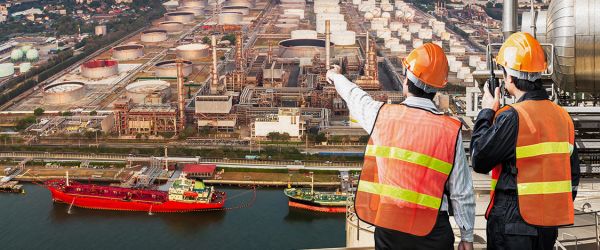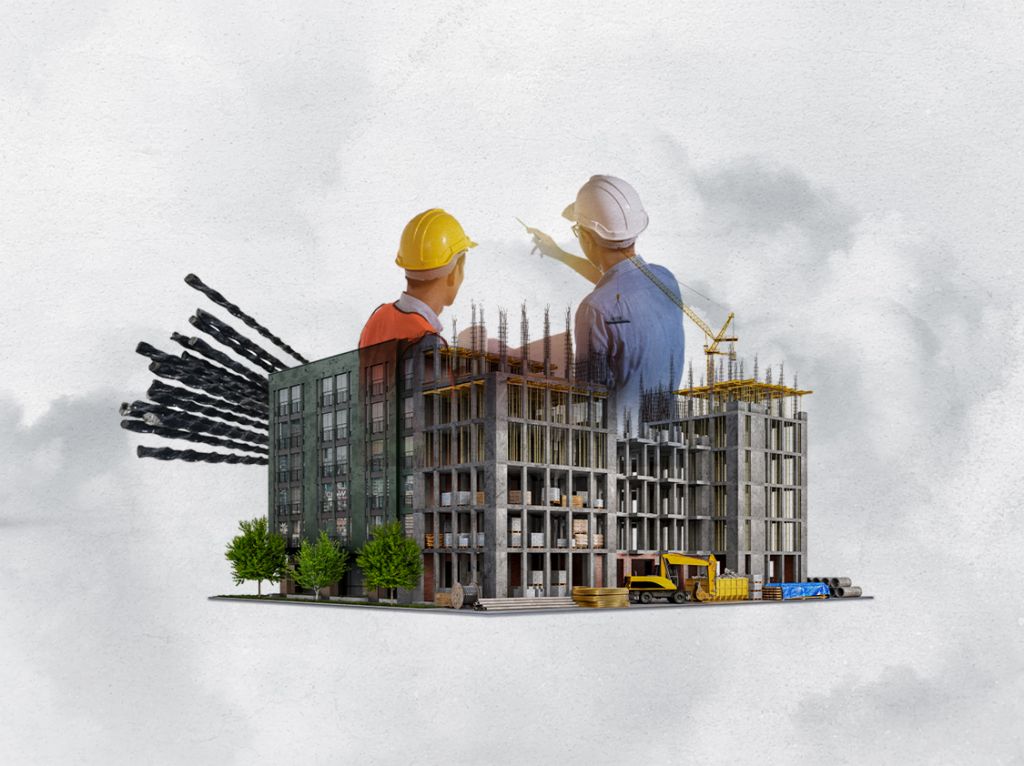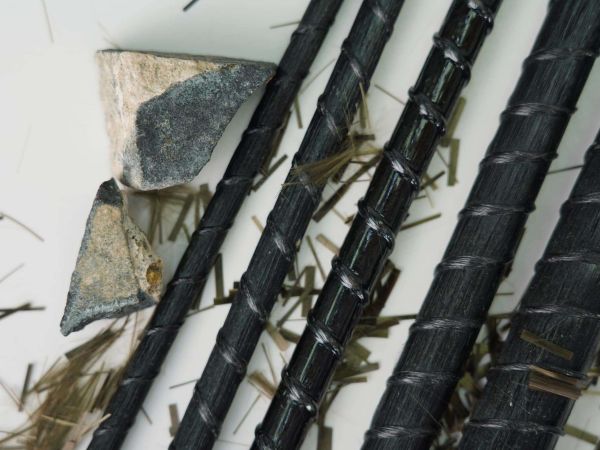

INTRODUCTION:
In a world where climate action is not just a necessity but a responsibility, Arab Basalt Fiber Company stands committed to this cause. Our focus on BFRP (Basalt Fiber Reinforced Polymer) aligns perfectly with global climate-action goals, offering a sustainable and innovative solution in various industries. Through championing climate-action, we aim to pave the way for a more resilient and environmentally conscious world.

BFRP: Setting the Standard for Climate Action:
As climate-action becomes increasingly crucial, BFRP emerges as a key player in this global effort. The production and utilization of BFRP represent a practical form of climate-action, reducing carbon emissions and resource depletion. BFRP, with its low environmental impact, embodies the principles of climate-action, promoting a greener approach in industrial applications.
Climate Action and Industry Transformation:
Arab Basalt Fiber Company understands that effective climate-action involves transforming industries from within. BFRP plays a significant role in this transformation. By replacing traditional, more polluting materials like steel with BFRP, we are taking concrete climate-action steps, demonstrating that industrial progress and environmental responsibility can coexist.


BFRP in Building and Construction:
In the building and construction sector, climate-action means adopting sustainable practices and materials. BFRP, known for its durability and environmental friendliness, is an excellent example of how climate-action can be integrated into construction. Utilizing BFRP not only aligns with climate-action strategies but also enhances the longevity and sustainability of structures.
Advancing Climate Action Through Innovation:
Arab Basalt Fiber Company believes that innovation is key to advancing climate-action. Our continuous development and improvement of BFRP products reflect this belief. By focusing on BFRP, we contribute to climate-action by providing materials that help reduce the environmental impact of various industries.
Fact: Producing basalt fiber rebar reduces carbon dioxide emissions by 5.24 coal-equivalent tons per ton of steel. This is about 74% less than the carbon footprint of Steel.


Challenges and Opportunities:
While committed to climate action, we recognize the challenges that lie ahead. The adoption of new materials like BFRP, despite its benefits, requires overcoming market inertia and misconceptions. However, these challenges also present opportunities to educate and demonstrate the effectiveness of BFRP in climate-action.
Conclusion:
As we move forward, Arab Basalt Fiber Company remains dedicated to promoting climate-action through our BFRP products. We believe that through persistent efforts and unwavering commitment to sustainable practices, bfrp can make a significant impact in the global climate-action movement. Our journey is not just about business growth; it’s about contributing meaningfully to the urgent need for climate-action and building a sustainable future for all.